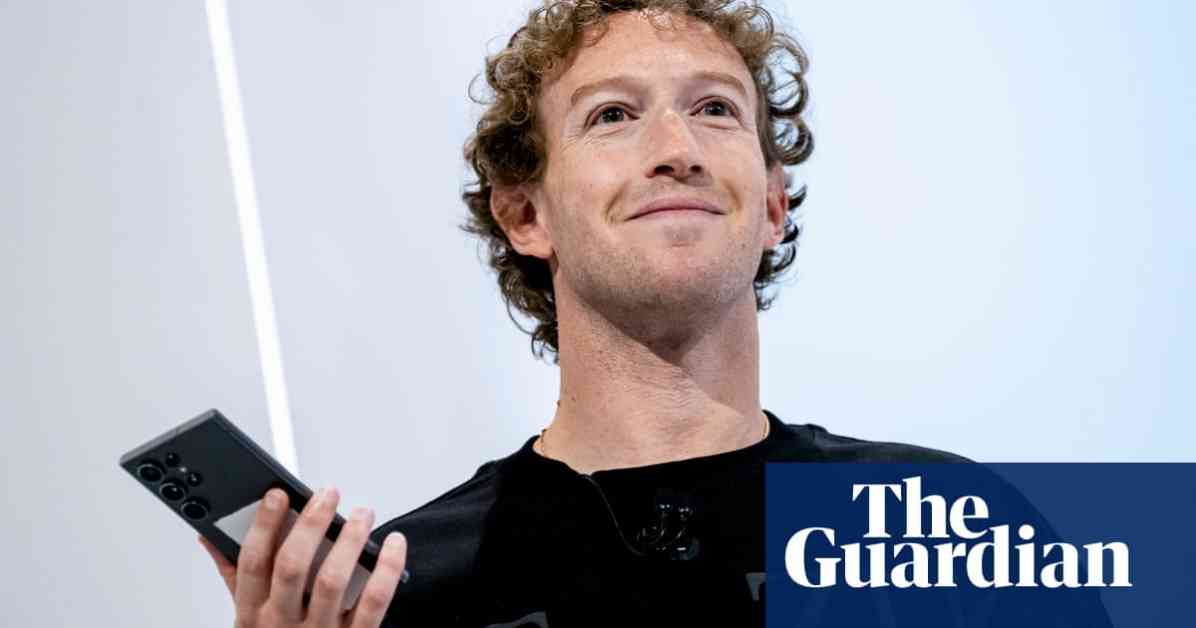Meta, the parent company of social media giants like Facebook and Instagram, is shaking up its content moderation policies. Founder Mark Zuckerberg recently announced plans to remove factcheckers, reduce censorship, and promote more political content on its platforms. This decision comes amidst the backdrop of Donald Trump’s return to the White House, signaling a shift towards prioritizing free speech.
Zuckerberg’s video message outlined key changes that Meta will be implementing, starting in the US. Factcheckers will be replaced with community notes akin to those on X, Elon Musk’s social media platform. The move aims to address perceived political bias within Meta’s factchecking mechanisms, with Zuckerberg expressing a desire to rebuild trust with users. Additionally, content moderation teams will be relocated from California to Texas in an effort to mitigate concerns about bias.
With over 3 billion users globally, Meta’s influence is vast. Zuckerberg’s statement extended beyond factchecking, touching on topics like immigration, gender, and government censorship. He emphasized the need to align with mainstream discourse and collaborate with political figures like President Trump to combat censorship worldwide.
The announcement coincided with Nick Clegg’s resignation as Meta’s president of global affairs, replaced by Republican Joel Kaplan. The oversight board, which includes prominent figures like Helle Thorning-Schmidt, responded positively to Meta’s proposed changes but stressed the importance of incorporating external voices in content decisions.
Zuckerberg’s rationale for revamping Meta’s content filters centered on striking a balance between combating harmful content like drugs and terrorism while safeguarding freedom of expression. By revising restrictions on certain topics and refining content filters, Meta aims to reduce censorship while maintaining a safe online environment.
As the tech landscape continues to evolve, Meta’s approach signals a broader industry trend towards reevaluating content moderation practices. The implications of these changes extend beyond social media platforms, impacting how information is disseminated and regulated in the digital age. How will users adapt to these shifts in content moderation? Join the conversation and share your thoughts on the changing landscape of online expression.












